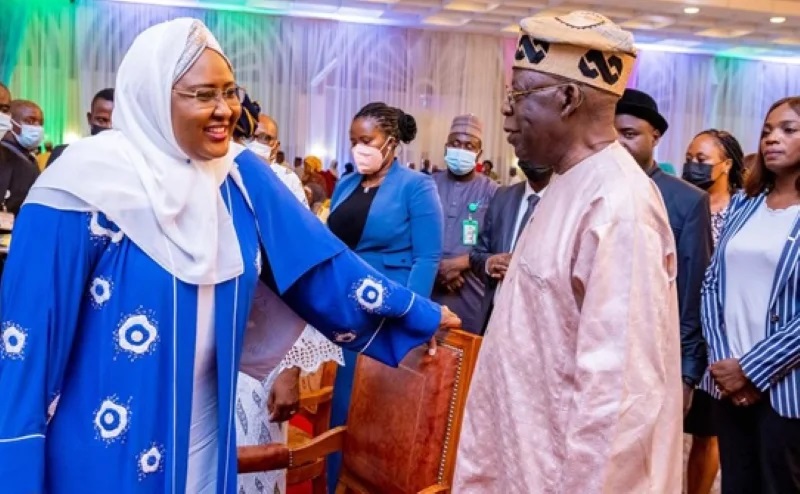A Federal High Court sitting in Abuja has declared as unconstitutional the National Youth Service Corps (NYSC) policy that prohibits female corps members from wearing skirts, describing it as a breach of their fundamental rights to freedom of religion and human dignity.
The landmark judgment was delivered by Justice Hauwa Joseph Yilwa in a case brought by two former corps members, Miss Ogunjobi John Blessing and Miss Ayuba Vivian. The suits, filed separately but consolidated due to their similarities, were argued by counsels Baba Shehu Ahmad and K.A. Lawal.
In the consolidated suits, marked FHC/ABJ/CS/989/2020 and FHC/ABJ/CS/988/2020, the applicants contended that the NYSC’s enforcement of trousers as the only acceptable uniform for female corps members violated their Christian faith. They cited Deuteronomy 22:5, which they interpret as a prohibition against women wearing garments associated with men.
Justice Yilwa held that compelling the applicants to wear trousers infringed on their right to freely practice their religion as guaranteed under Section 38(1) of the 1999 Constitution (as amended). The court also found that the applicants were subjected to harassment, embarrassment, and degrading treatment for insisting on wearing skirts.
The court granted all the reliefs sought, including:
A declaration that the NYSC’s refusal to permit skirts for religious purposes is unconstitutional.
An order mandating NYSC to recognize and allow the use of skirts for female corps members with genuine religious objections.
A directive compelling NYSC to recall the affected former corps members and issue them valid certificates of national service.
A ruling that the treatment meted out to the applicants constituted a violation of their right to dignity and freedom of religion.
Justice Yilwa also awarded ₦500,000 in damages to each applicant for the infringement of their fundamental rights.
This ruling sets a major precedent on the intersection of religious rights and uniform policy within national institutions, and may have wider implications for the NYSC and similar agencies.





